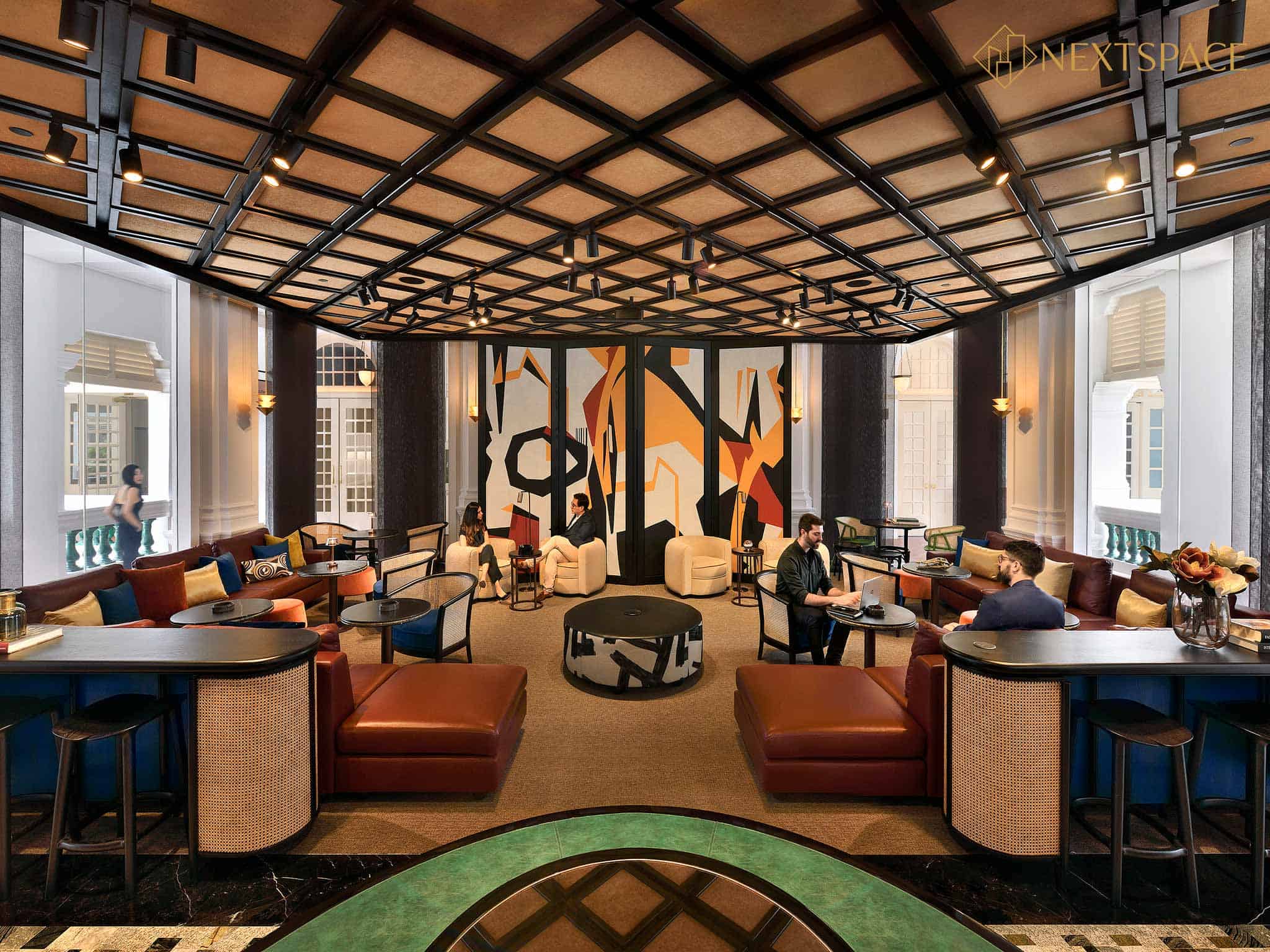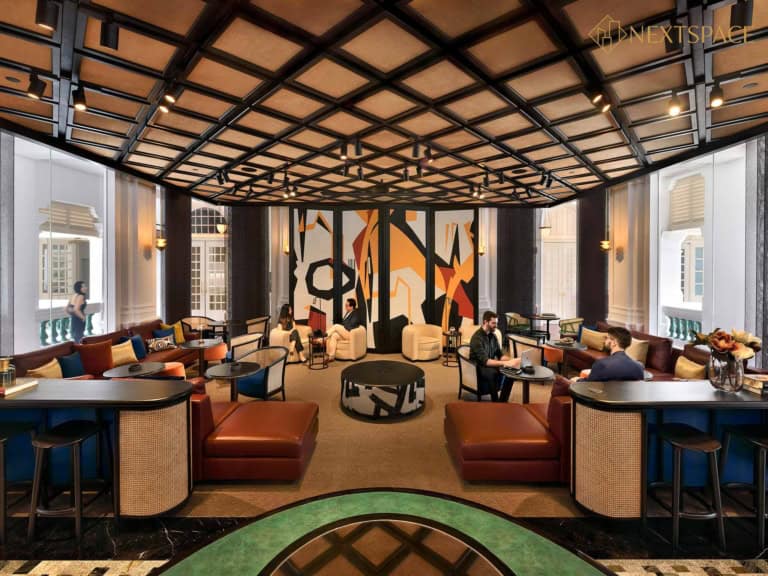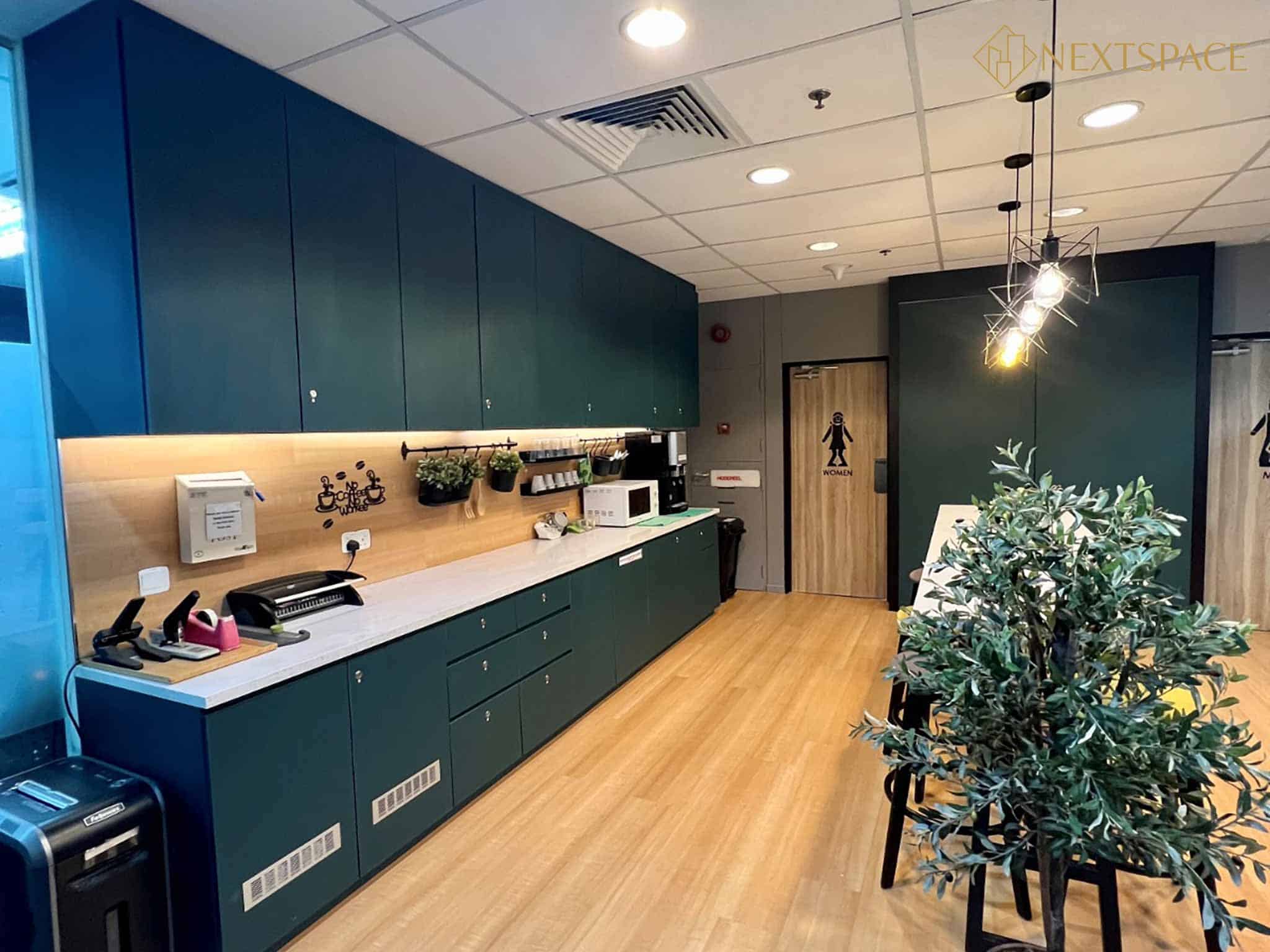What makes Singapore’s coworking spaces unique compared to other global markets?
Singapore’s coworking spaces distinguish themselves through advanced technology integration, strict regulatory compliance capabilities, and strategic location advantages. The city-state’s position as Southeast Asia’s business hub means coworking spaces often feature enhanced security measures, multilingual support, and direct connectivity to regional markets. Additionally, Singapore’s Smart Nation initiatives drive superior technology infrastructure compared to many global markets.
How are coworking operators addressing the changing needs of post-pandemic workers?
Operators have implemented comprehensive health and safety protocols, including advanced air filtration systems, contactless entry, and flexible booking platforms. Many spaces now offer hybrid membership models allowing access to multiple locations, enhanced virtual office services, and on-demand meeting rooms to support flexible work arrangements that blend home working with collaborative spaces.
What role does technology play in Singapore’s future coworking spaces?
Technology serves as the backbone of modern coworking experiences in Singapore. AI-powered systems optimize space utilization through predictive analytics, while IoT devices create personalized environments that adapt to user preferences. Biometric security systems, cloud-first infrastructure, and seamless digital tool integration are becoming standard features rather than premium offerings.
How do industry-specific coworking spaces differ from traditional shared workspaces?
Industry-specific spaces provide specialized infrastructure and compliance capabilities tailored to sector requirements. For example, fintech-focused spaces feature enhanced security measures and regulatory compliance support, while technology hubs offer high-performance computing resources and maker spaces. These vertical-focused environments create ecosystems that support specific business needs beyond basic workspace provision.
What sustainability initiatives are coworking operators implementing?
Leading operators are pursuing green building certifications, implementing energy-efficient systems, and committing to carbon-neutral operations. Initiatives include LED lighting systems, smart HVAC optimization, comprehensive recycling programs, and renewable energy procurement. Many spaces also encourage sustainable transportation through bike storage and public transport incentives.
How are pricing models evolving in Singapore’s coworking market?
Operators are moving beyond simple per-desk pricing to value-based models that reflect comprehensive service offerings. Pricing now considers service levels, technology resource usage, community access, and location premiums. Corporate partnership programs are also emerging, providing stable revenue streams while offering companies flexible workspace solutions.
General Questions on Coworking Spaces in Singapore
1. What are coworking spaces, and how do they work in Singapore?
Coworking spaces are shared office environments where individuals, startups, and businesses can rent desks, private offices, or meeting rooms on a flexible basis. In Singapore, these spaces are tailored to varied professional needs, providing essential amenities, community events, and networking opportunities.
2. What are the typical amenities offered by coworking spaces in Singapore?
You’ll usually find high-speed internet, printing/scanning services, private meeting rooms, communal lounges, event spaces, complimentary beverages, dedicated phone booths, mail handling, and often on-site staff support.
3. How much does it cost to use a coworking space in Singapore?
Pricing can vary widely depending on location, brand, and amenities. Hot desks may start from SGD 200/month, while private offices can range from SGD 500–1,500/month or more.
4. Do coworking spaces in Singapore offer 24/7 access?
Many coworking spaces provide 24/7 access for members, especially in premium or centrally located venues, though access times can differ by operator and membership plan.
5. Can coworking spaces in Singapore accommodate teams and companies, not just freelancers?
Yes, most spaces are equipped to serve businesses of all sizes—from solo entrepreneurs to large enterprise teams—offering scalable solutions for team growth and collaboration.
6. What is the difference between hot desk, dedicated desk, and private office memberships?
A hot desk membership allows flexible seating in shared areas, a dedicated desk gives you a reserved spot, and a private office membership offers enclosed office space for your exclusive use.
7. Are coworking spaces suitable for hosting client meetings or events in Singapore?
Absolutely. Most spaces offer well-equipped meeting rooms and event areas that can be booked for client presentations, workshops, or larger gatherings.
8. How do I choose the right coworking space in Singapore for my needs?
Consider factors such as location, pricing, amenities, community culture, access hours, lease flexibility, and any value-added services (like networking events or business support).
9. Are there coworking spaces in Singapore focused on specific industries or communities?
Yes. Some operators focus on niches such as tech, creative industries, sustainability, or female entrepreneurs, creating communities tailored to shared interests and expertise.
10. What health and safety measures can be expected post-pandemic in Singapore’s coworking spaces?
Spaces have ramped up cleaning protocols, offer contactless entry, provide sanitization stations, and encourage social distancing. Many also leverage technology for contact tracing and capacity monitoring.
11. Do I need to sign long-term contracts to use a coworking space?
Most spaces offer flexible membership plans with options ranging from daily passes to monthly or even yearly commitments, making it easy to choose what suits your needs best.
12. How does using a coworking space benefit productivity or company culture?
Coworking spaces foster collaboration, networking, and creativity. They often provide opportunities for learning and professional growth through events, while their lively environments can boost motivation and morale.



